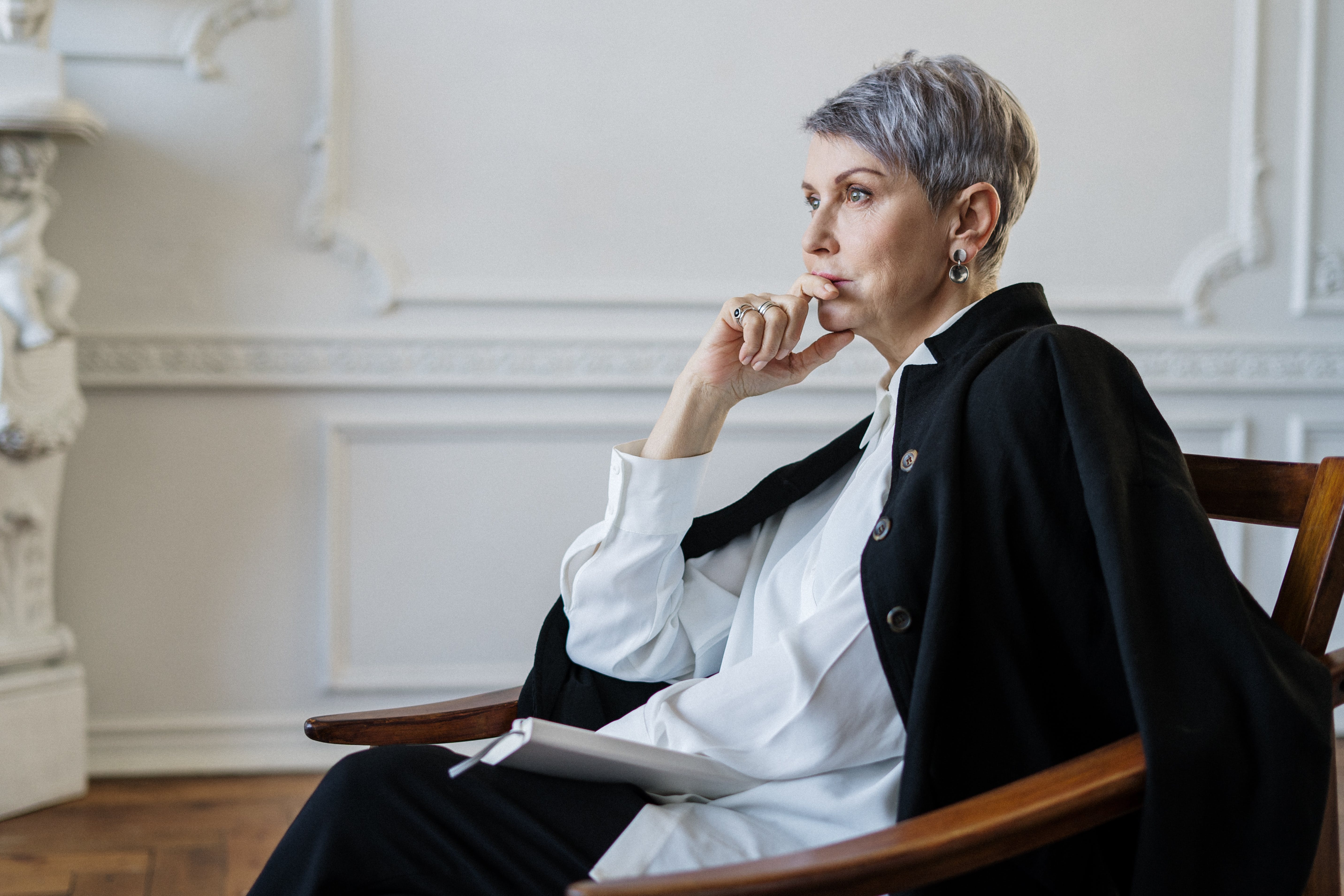Can you shed light on the concept of energy balance in Eastern medicine and how practices like acupuncture contribute to restoring this balance?
Dr. Tanaka. Certainly. Eastern medicine recognizes the flow of vital energy, or qi, within the body. Disruptions or imbalances in this energy can manifest as physical and emotional issues. Acupuncture, a fundamental practice in TCM, involves the strategic insertion of thin needles at specific points to restore the harmonious flow of qi. Through this, we seek to rebalance the body's energy systems, promoting overall health and alleviating a spectrum of conditions.
How do you envision the integration of Eastern and Western medicine, and what benefits could arise from such collaboration?
Dr. Tanaka. The integration of Eastern and Western medicine holds enormous promise for a more holistic and patient-centric healthcare approach. Western medicine excels in acute care and diagnostics, while Eastern medicine contributes unique perspectives on preventive care and addressing the root causes of chronic conditions. By integrating practices such as meditation, yoga, and herbal remedies, we can provide patients with a more comprehensive and tailored healthcare experience.
In your experience, how can Eastern and Western medical professionals collaborate effectively for the benefit of patients?
Dr. Tanaka. Effective collaboration begins with mutual respect and open communication. Western and Eastern medicine each bring distinct strengths to the table, and by acknowledging and understanding these approaches, we can create a synergistic healthcare environment. I've witnessed positive outcomes when collaborating on patient cases, where combining the strengths of both systems led to more comprehensive and effective results.
What advice would you give to individuals seeking a balanced approach to healthcare, incorporating both Eastern and Western perspectives?
Dr. Tanaka. My advice is to view healthcare as a spectrum, where Eastern and Western practices can complement each other beautifully. Take the time to understand your unique health needs and explore options that resonate with you. A balanced approach may involve consulting practitioners from both traditions, creating a personalized healthcare plan that considers the best of both worlds for your overall well-being.
In this enlightening and extensive Q&A with Dr. Maya Tanaka, we embark on a profound journey into the rich tapestry of Eastern medicine. Dr. Tanaka's expertise and visionary insights provide a compelling narrative for a future where diverse medical traditions collaborate synergistically, advancing global health and well-being.






